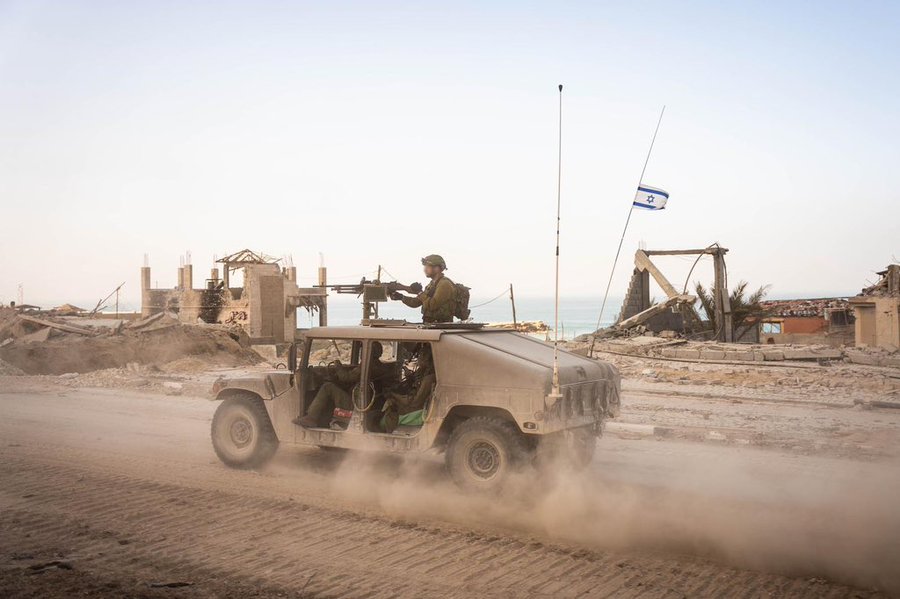However, questions arise about the strategic decisions made by the War Cabinet during the campaign.
The concentration of military efforts solely in the north of the Gaza Strip is unclear.
Why didn’t the IDF consider dividing the territory or occupying the “Philadelphia Corridor” to prevent potential escapes of terrorists through tunnels to Egypt?
Moreover, the decision to engage in indirect negotiations through mediators while hostilities persist raises concerns.
Defense Minister Yoav Galant had assured soldiers that negotiations would occur under fire after the ceasefire, yet this hasn’t materialized.
The prolonged stationary position of soldiers in Gaza poses risks.
Every day without action increases their vulnerability.
Ceasing fire for negotiations may have inadvertently strengthened Hamas, allowing them to claim victory and presenting Israel’s efforts as a failure.
The popularity of Hamas in various Palestinian territories has surged, challenging the authority of the PA led by Mahmoud Abbas.
Yahya Sinwar’s tactics have seemingly outplayed Israel, with infiltrations, casualties, and abductions serving to bolster his standing.
Hamas, supported by an extensive tunnel system supported by Qatar, has effectively used the sensitivity to the fate of abductees to extract concessions.
Yaya Sinwar’s aim appears to be prolonging the ceasefire, leading to the release of terrorists from Israeli prisons in exchange for abducted Israelis.
Critics argue that Sinwar’s tactics are ruthless, emphasizing his willingness to exploit the abduction issue to halt the conflict.
While some may express admiration for his methods, it’s crucial to remember the larger consequences and the potential escalation of violence.
The focus on eliminating Sinwar alone may not suffice; the entire leadership of the military wing, including figures like Muhammad Def and Marwan Issa, needs to be addressed to prevent further attacks and maintain Israel’s security.
Israeli Political promises regarding the war’s goals must be upheld to avoid emboldening Hamas and potentially affecting regional stability.
The intricate dynamics of the conflict, including prisoner exchange agreements, underscore the complexity of the situation in the Gaza Strip.




